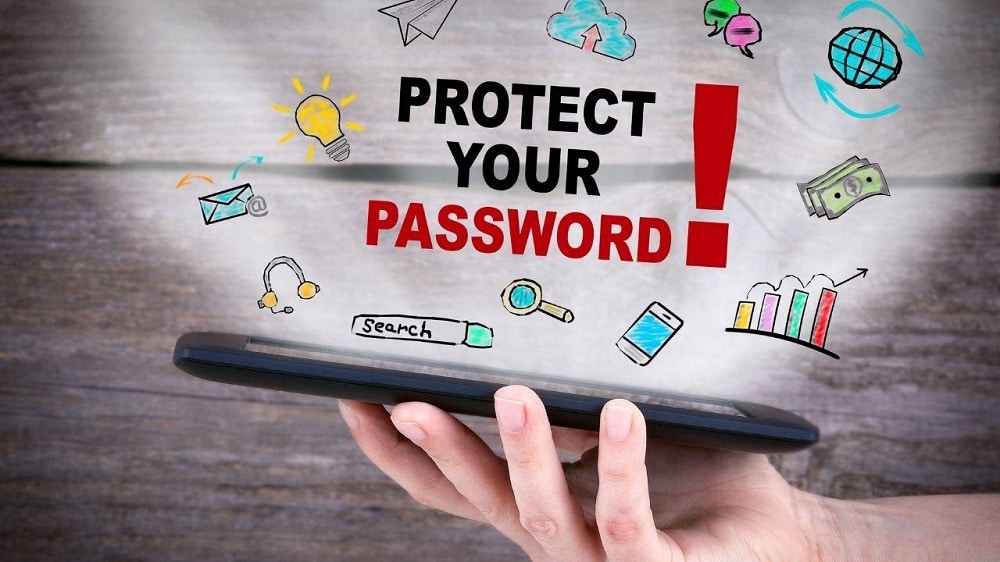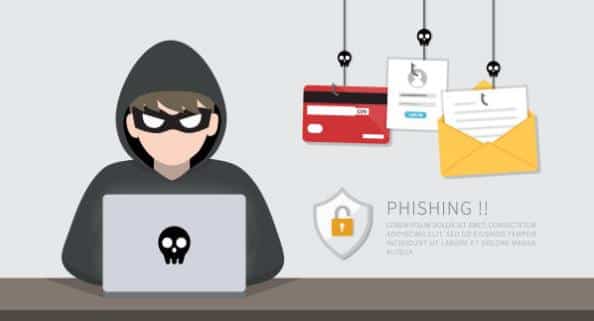
The internet has made it easy for everybody to gain access to different sorts of information. As an internet user, you should also know that even your data like your digital footprint can also be possibly accessed by other people or even companies. Ever browsed for a specific thing online and suddenly see ads of what you searched after that on the other sites that you visit? That’s an example of how companies could access your online activities.
That is why you must practice proper online hygiene. Being cautious when it comes to this is how you can keep your personal information safe and secure. You don’t have to be scared of going online. You just really need to know how to protect yourself. No idea how? Well, here are some tips for you to have online privacy.
Encrypt Your Online Network
When surfing online, third parties and hackers can easily view your online activities if your internet connection is unencrypted. Once they can access your information and digital footprints that could lead to loss of privacy and sensitive information. That leaves you vulnerable to cybercrime or cyberattacks.
What you can do is to use a VPN to mask your IP address and encrypt online traffic so that third parties can’t see any of your information and activities online. You should protect yourself with a VPN so that your private information and sensitive data are encrypted. This way, others won’t have any access to your information and online activities.
Make Sure Your Devices are Always Up to Date
Cybercriminals are getting more creative when it comes to attacking people online. They would use software or malware to be able to get the information they want. If your device still runs on an old version of its software, then the latest security features won’t be in your device.
This is why you must keep your devices updated. Software updates can be annoying as it could take time but know that it is for your good and safety. You can just set the software update to take place during the times that you don’t use your device or when you’re about to go to bed.
Avoid Public Networks and Devices
There are times that you might have to use outside devices like your work computer or the computer at the libraries. Sometimes, you also have to connect to public Wi-Fi networks and what you should know is that it could leave you vulnerable to cyberattacks. Public networks are not really secure and other people could easily see what your activities are with this. If possible, avoid connecting to public Wi-Fi and use your mobile data instead. If you have to use outside devices, avoid logging your information in. As much as possible, just use outside devices for surfing and avoid using them for banking or your social media accounts.
Be Vigilant of the Links that You Click
Some many surveys or contests are spread on the internet. When you open your social media, you can easily see giveaways and contests that you might want to be a part of. For most of these, you will have to click on links and even fill out application forms that would require you to input your personal information. That leaves you vulnerable and that’s putting your information out there for the world to see.

Before clicking on any links and filling out any surveys, always ask yourself if this is something that you’re willing to do. Ask yourself if this something that would benefit you. Always read the disclosures before you proceed and what you’re signing up for before you give anybody any information.
Use Strong Passwords
Having plenty of social media accounts means that you have to manage plenty of passwords for these accounts. Some go about this the easy way by keeping their passwords in uniform. While that is very convenient, that could make you an easy target for cybercrimes. Once one of your accounts is hacked, your other accounts can then be taken away from you too.
As much as possible, use different passwords on your social media accounts and never use your birth date. Platforms like Facebook and Instagram lets you set up account recovery options and that is something you should take the time to do. You can also download a password manager software that could help you store and manage your online passwords. Such programs could also help you create strong passwords.
Conclusion
These are some of the steps that you can take to ensure that you are safe browsing through your social media accounts. While these may seem like extra steps, these are still are worth doing to avoid becoming a victim of cybercrimes. Know that it’s your responsibility to protect yourself online especially that cybercriminals are just out there, looking for their next victims.






